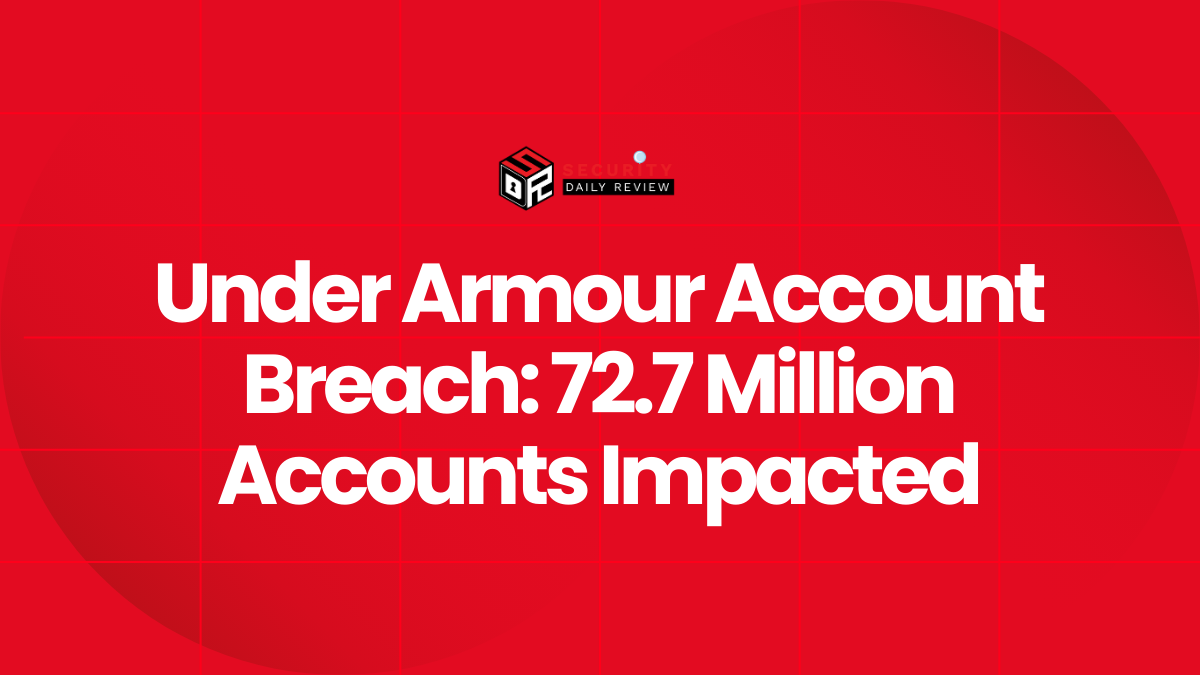U.S. authorities have confiscated approximately 127,271 bitcoins, valued at about $15 billion, from a global “pig butchering” fraud network operated by the Prince Holding Group, the Department of Justice announced. The seizure marks the largest cryptocurrency forfeiture ever recorded in U.S. history. Prosecutors also unsealed an indictment charging the network’s alleged leader, Chen Zhi (alias “Vincent”), and declaring the group a transnational criminal enterprise.
The Prince Group scheme is alleged to have exploited forced-labor compounds in Cambodia, compelling trafficked workers to conduct high-volume crypto investment scams—often under threat or physical coercion. Victims worldwide were manipulated via romantic trust tactics, false investment promises, and psychological grooming to transfer significant cryptocurrency holdings.
“Prince Group carried out these schemes by trafficking hundreds of workers and forcing them to work in compounds in Cambodia and execute the scams under the threat of violence,” stated the Department of Justice.
Forced Labor, Money Laundering, and Global Reach
Federal prosecutors in Brooklyn filed a criminal complaint accusing Chen Zhi and co-conspirators of wire fraud and money laundering conspiracies tied to the scam. The corresponding civil forfeiture complaint demands control over the seized bitcoin, identifying them as proceeds and instruments of illicit activity.
Court documents reveal that the Prince Group operated over 100 shell and holding companies across more than 30 countries. Prosecutors allege that victims were recruited via social channels, lured into trust relationships, and convinced to make crypto transfers to addresses controlled by the scam network. The operators then used advanced laundering techniques, such as “spraying” and “funneling,” to obfuscate fund origins across multiple wallet addresses before consolidation.
According to the DOJ, the Prince compounds housed vast numbers of mobile devices and “phone farm” infrastructure, which were used to target victims through automated calls, social messaging, and identity manipulation. Workers in those compounds allegedly lived under confinement, deprived of freedom, and monitored to force compliance.
Authorities indicated that seized bitcoins were held in unhosted wallets—addresses outside centralized exchanges—whose private keys remained under the control of Chen Zhi. Because unhosted wallets circumvent standard custodial oversight, tracing such funds presents significant investigative challenges.
The historic forfeiture is complemented by sanctions imposed by the U.S. Treasury’s Office of Foreign Assets Control on Chen, the Prince Group, and 146 associated entities. The U.K. also partnered with sanctions and asset freezes, targeting real estate linked to the network in London and elsewhere.
Why This Case Matters
The size of the seizure reflects the scale and duration of Prince Group’s operations. At its peak, the network reportedly processed $30 million per day in fraudulent crypto inflows directed at worldwide targets.
What sets the case apart is its integration of human trafficking with financial fraud. Victims of forced labor within the digital scam compounds were compelled to sustain the operation’s infrastructure, making this a hybrid crime combining cybercrime and human rights violations.
Analysts observe that this case may further shift law enforcement priorities toward targeting the financial infrastructure supporting cyber-enabled fraud instead of only chasing individual hackers. The seizure removes a core element of the network’s economic engine, potentially limiting its ability to operate at full scale.
Legal experts caution, however, that large forfeitures alone cannot shutter criminal networks. Operators may adapt by using decentralized protocols, emerging blockchain mixing services, or shifting to less-regulated assets. This case will test the capability to follow money, enforce forfeitures, and pursue arrests across jurisdictions.
What Happens Next: Prosecution, Asset Liquidation, and Victim Recovery
Chen Zhi remains at large; authorities are actively pursuing his whereabouts, potentially across Southeast Asia. If convicted, he faces up to 40 years in prison for charges including conspiracy to commit fraud and money laundering.
The U.S. government is seeking to formally forfeit all 127,271 bitcoins and distribute recovered funds back to victims, subject to court oversight and priority distribution among claims. Liquidation of assets may take time, given the complexities of converting large bitcoin reserves into fiat currency without disrupting markets.
Simultaneously, prosecutors are likely to pursue related co-conspirators, shell company directors, and money-laundering facilitators implicated in the network. International cooperation—especially with Southeast Asian, Cambodian, and U.K. authorities—will be critical to dismantling members embedded in regional finance and real estate systems.
Victims in the U.S. and abroad may be able to file claims in the forfeiture case to recoup losses. However, recovery will depend on court adjudication, the amount of forfeited assets successfully converted, and the number of valid claims relative to the pool of victims.
This case also underscores the interconnection between cyber-enabled scams targeting retail victims and the high-level financial infrastructure that underpins large-scale networks. Prosecutors say dismantling that infrastructure is essential to curbing global fraud threats.










